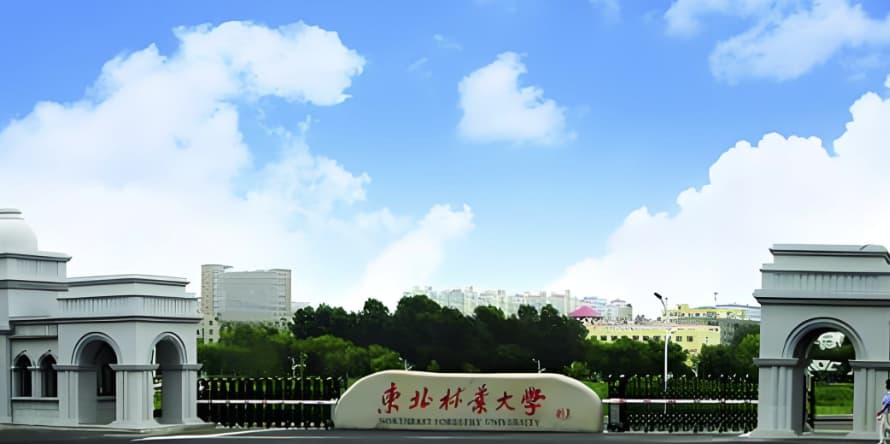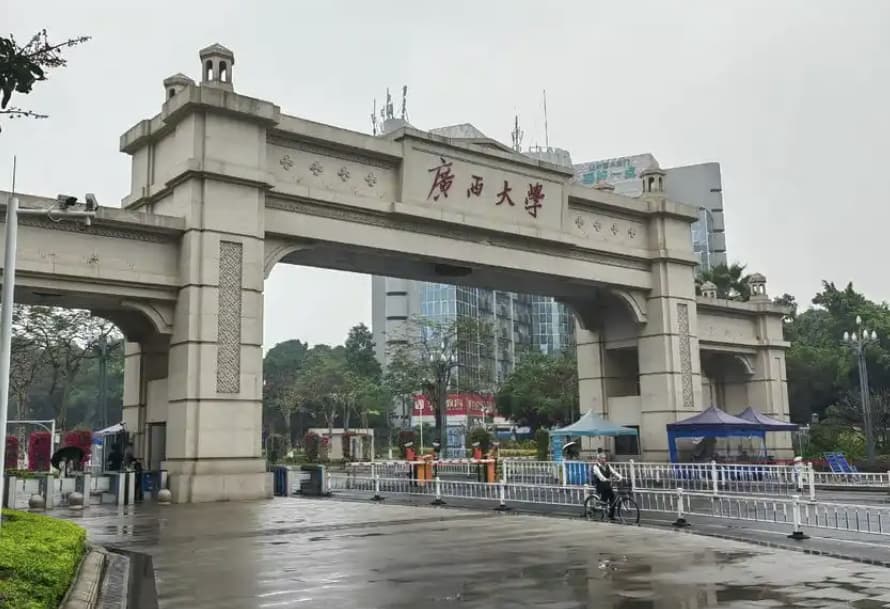Mastering Your English Entrance Interview: Essential Questions and Top-Notch Responses
In the competitive landscape of English language graduate programs, a compelling entrance interview can make all the difference. This guide provides a deep dive into the most anticipated questions you might encounter during your interview, complete with detailed answers that showcase your proficiency and readiness. Whether you're discussing your academic journey, career aspirations, or cultural insights, these responses are crafted to help you shine. Let's explore how to articulate your thoughts with clarity and confidence.
Common Interview Questions and Insightful Answers
1. Can You Describe Your Academic Background and How It Led You to Pursue Graduate Studies in English?
During my undergraduate studies in English Literature, I was captivated by the intricate ways in which language shapes culture and society. My coursework, which spanned from classical poetry to modern literary theory, honed my analytical skills and deepened my appreciation for the power of words. What particularly ignited my passion was a seminar on postcolonial literature, where I explored how colonial histories continue to influence contemporary narratives. This experience solidified my desire to delve deeper into the field, not just as a reader but as a scholar. I believe that graduate school will provide me with the rigorous training and research opportunities I need to contribute meaningfully to the discipline. My academic journey has taught me the importance of critical thinking and interdisciplinary approaches, which I am eager to bring to my future studies.
2. What Are Your Career Goals, and How Does This Program Fit Into Them?
My career aspirations are centered around becoming a published author and academic researcher in English literature. I aim to bridge the gap between traditional literary analysis and modern media, exploring how contemporary forms of storytelling—such as graphic novels and digital narratives—can be studied within a literary framework. This program, with its strong emphasis on both theoretical and practical applications of literary studies, aligns perfectly with my goals. The opportunity to work alongside esteemed faculty who specialize in postmodern and digital literature will provide me with invaluable mentorship. Additionally, the program's focus on research methodologies will equip me with the tools necessary to conduct groundbreaking work. I am particularly drawn to the interdisciplinary courses that combine literary theory with cultural studies, as they reflect my own interest in how literature intersects with broader societal issues.
3. How Do You Handle Challenges or Setbacks in Your Academic or Personal Life?
Throughout my academic and personal journey, I have encountered my fair share of challenges, and I have learned to view them as opportunities for growth. For instance, during my final year of undergraduate studies, I faced a significant setback when a research project I was deeply invested in faced unexpected delays due to funding issues. Instead of becoming discouraged, I proactively sought out alternative resources and collaborated with a team of peers to find creative solutions. This experience taught me the importance of resilience and adaptability. I also believe in maintaining a balanced approach to life, which means setting realistic goals and seeking support when needed. Whether it's through discussing challenges with mentors or engaging in stress-relief activities like hiking or reading, I ensure that I stay grounded and focused. These strategies have not only helped me overcome obstacles but have also strengthened my ability to perform under pressure, a skill I am confident will serve me well in graduate school and beyond.


.jpg)
.jpg)
.jpg)
.jpg)

.jpg)


.jpg)